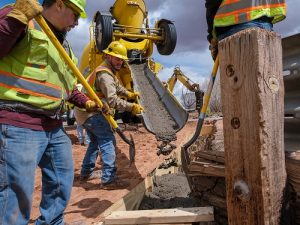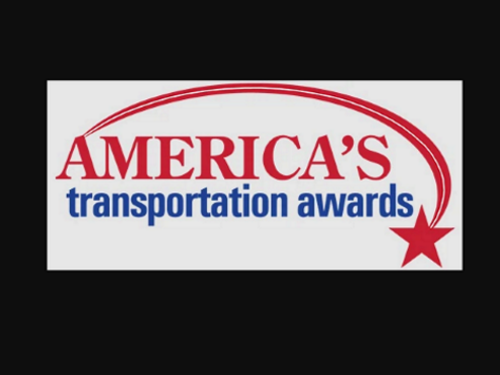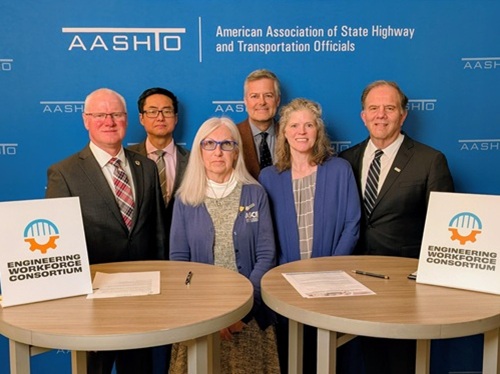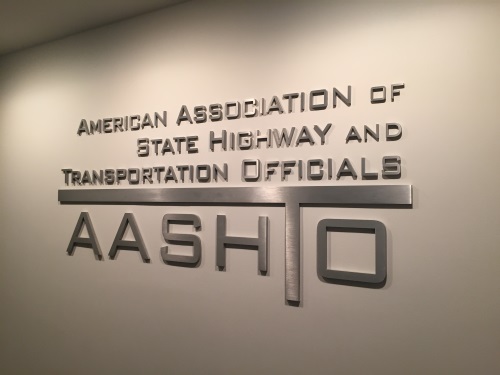The American Association of State Highway and Transportation Officials recently sent an eight-page letter to the Federal Highway Administration offering detailed comments on some of the potential fallout from new “Build America, Buy America” regulations on the continued timely and successful delivery of critical infrastructure projects around the country.
[Above image by AASHTO]
“AASHTO and state departments of transportation remain unwavering in our strong support of the goal to expand America’s manufacturing capacity in promoting domestic jobs and encouraging economic growth,” the group said in its April 10 letter. “However, we also recognize this transformation can’t occur overnight – and, as such, we firmly believe there must be a deliberative process for implementing the Build America, Buy America Act.”

State DOTs use a broad range of manufactured products on their projects supported by the federal-aid highway program, AASHTO noted, and many are not—or have significant components which are not—readily available domestically, including such products as traffic signals, cameras, luminaires, controllers, cabinets, changeable message signs, and traffic management system components.
“Without the continuation of the current general applicability waiver of ‘Buy America’ requirements for manufactured products, the ability of states to carry out the federal-aid highway program will likely be impacted by project delays that could affect the safety of the travelling public and the operation of our road and highway system,” the group stressed.
AASHTO also pointed out that, in 2013, FHWA maintained its finding that the current “Buy America” waiver in place for manufactured products does not have any significant impact on American manufacturing since manufactured products comprise a small percent of the highway construction program.

“We believe this reasoning still applies and supports the continuation of the nationwide general applicability waiver of ‘Buy America’ requirements for manufactured products,” AASHTO emphasized.
The organization also noted that state DOTs also foresee “significant challenges” with tracking and documenting compliance with any new manufactured products requirements that would outweigh the potential benefits to American industry.
Among those challenges are consistency of interpretation and implementation from state to state; traceability of the myriad components that are often sourced from multiple locations; willingness of industry to supply states with potentially confidential business information in order to ensure compliance; and fluctuations in the cost of components – especially during the past few years of accelerated and extremely varied increases in commodity costs – that will invariably lead to products being compliant one week and out-of-compliance the next.
“These challenges and others will lead to administrative burdens and, likely, project delays,” AASHTO said. “Given the small cost of manufactured products as a percentage of the national highway and bridge construction budget, the time and effort that would be required to implement tracking and compliance systems for manufactured products is very likely to outweigh any potential benefits to American industry.”
 Nation
Nation
Entries Sought for 2026 America’s Transportation Awards
February 27, 2026 Nation
Nation

